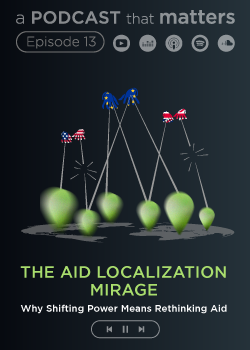Print

RNA-based Technologies for Single-cell Metabolite Analysis: MetaRNA
Details
Locations:Denmark, France, Germany, Netherlands, Switzerland, UK
Start Date:Jan 1, 2015
End Date:Jun 30, 2019
Contract value: EUR 3,995,643
Sectors: Health, Research, Training
Description
Programme(s): H2020-EU.1.3.1. - Fostering new skills by means of excellent initial training of researchers
Topic(s): MSCA-ITN-2014-ETN - Marie Skłodowska-Curie Innovative Training Networks (ITN-ETN)
Call for proposal: H2020-MSCA-ITN-2014
Funding Scheme: MSCA-ITN-ETN - European Training Networks
Grant agreement ID: 642738
Objective:
Metabolism is the foundation of all living organisms. While cells in a population are often phenotypically different, most of our current analytical approaches still probe metabolism only at the population level. Because strong evidence exists that metabolic cell-to-cell heterogeneity has, for instance, disease relevance, researcher from MetaRNA will overcome this severe analytical limitation through exploiting exciting opportunities emerging from the RNA field. Such synergy potential between the metabolism and RNA research fields has until today not been exploited, because they are separated from each other in Europe and worldwide. Through consequently missing research training programs we thus lack experts with combined knowledge in metabolism and RNA. The aim of the MetaRNA proposal is therefore to establish a European Training Network (ETN) that educates specialists for academia and industry - fully trained at the interface of these two fields - in the development and application of RNA-based sensors to investigate metabolism at the single-cell level, to apply these tools for novel biotechnological applications and to provide a framework for their future use in diagnostics and therapeutics. In MetaRNA, eight research groups from the metabolic and RNA fields and six partners from the private sector join forces to create a platform of mobility and training to 15 early-stage researchers (ESRs), by means of customized research projects, exchange of knowhow among researchers and partners, attendance to specialized courses, workshops and conferences, as well as training in complementary skills.

